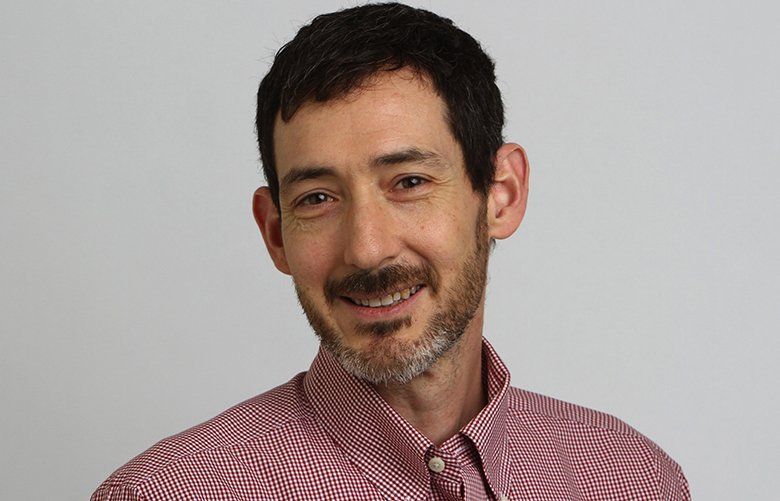A few weeks ago, I wrote about survey data showing Seattle is the saddest major metro area in the U.S. Well, the same survey also asks people about their feelings of anxiety, and it turns out — you guessed it — Seattle is the most stressed-out major metro, too.
The survey found that in the first two weeks of February, 59% of Seattle-area adults experienced some level of anxiety. Of the slightly more than 3 million people age 18 and older in our metro area, a projected 1.8 million reported “feeling nervous, anxious or on edge” at least a few days during the previous two weeks.
This data comes from the Census Bureau’s Household Pulse Survey, a national survey that includes a breakout for the 15 largest metro areas (Seattle’s metro, which includes King, Pierce and Snohomish counties, just makes the cut at No. 15). And of those 15 areas, Seattle had the highest percentage of respondents who answered they felt anxious in the past two weeks.
Seattle was clearly the most anxious metro among those surveyed, a full 5 percentage points higher than No. 2, Phoenix, at 54%. San Francisco had the third-highest percentage, at around 52%.
Dallas was the least stressed-out metro, with a little less than 45% of adults reporting feelings of anxiety.
Of course, for many people, feelings of anxiety aren’t a constant. They can fluctuate from day to day or week to week. So you might wonder, if this survey were conducted again, would Seattle come out on top?
Fortunately, the Household Pulse Survey is an ongoing program, and these surveys are repeated throughout the year.
To see if Seattle’s higher rate in February was a fluke, I looked at the results from the five most recent Household Pulse surveys, going back to fall of last year.
It wasn’t a fluke. In four of the five surveys, Seattle ranked No. 1. And in two of the surveys, the share of Seattle-area residents experiencing feelings of anxiety exceeded 60%, the only metro area to do so.
In the February survey, most of the Seattle-area adults with feelings of anxiety (slightly more than 1 million people) said they felt that way several days in the previous two weeks. An additional 336,000 experienced these feelings about half of the days, and 419,000 said they felt this way every day.
The Household Pulse Survey is an experimental product of the U.S. Census Bureau, in conjunction with other federal agencies. Unlike other census products, which have a long lag time, the Household Pulse Survey provides near-real-time data. The program was initiated in 2020 in response to the pandemic. It was intended to help inform officials and policymakers about the impacts of the pandemic on communities across the country, and to provide data to aid in a post-pandemic recovery.
You might think that as pandemic restrictions have eased and at least some things have returned to normal, the level of anxiety in Seattle may have declined. But that does not seem to be the case.
The first time the Household Pulse Survey asked respondents about feeling nervous, anxious or on edge over the previous two weeks was in July-August 2021. At that time, 53% of respondents said they had such feelings at least several days. If anything, our anxiety levels have gone up a bit.
So the million-dollar question, of course, is “why is Seattle so stressed out?” Unfortunately, the survey can’t answer this question.
One thing seems clear, though: It’s not a coincidence that Seattle also had the high level of feelings of depression. Clearly, many people who were experiencing feelings of depression must have also responded that they were facing feelings of anxiety. The survey data doesn’t allow us to see how big the overlap was, but with such high numbers for feelings of both depression and anxiety, there clearly was some overlap.
Also similar to the data on feelings of depression, the numbers for anxiety were far higher among younger people. In the Seattle area, the highest level of anxiety was among people 18 to 29, for whom 74% had feelings of anxiety. The numbers dropped sharply after age 60, and among the oldest cohort — those 80 and older — just 23% experienced anxiety.
The rates of experiencing feelings of anxiety were at or above 60% among white, Hispanic and multiracial adults in the Seattle area, while Black and Asian adults both reported these feelings at rates below 50%.
Anxiety was particularly high among Seattle-area adults who identified as LGBT, with 82% feeling nervous, anxious or on edge at least several days in the previous two weeks.

The opinions expressed in reader comments are those of the author only and do not reflect the opinions of The Seattle Times.